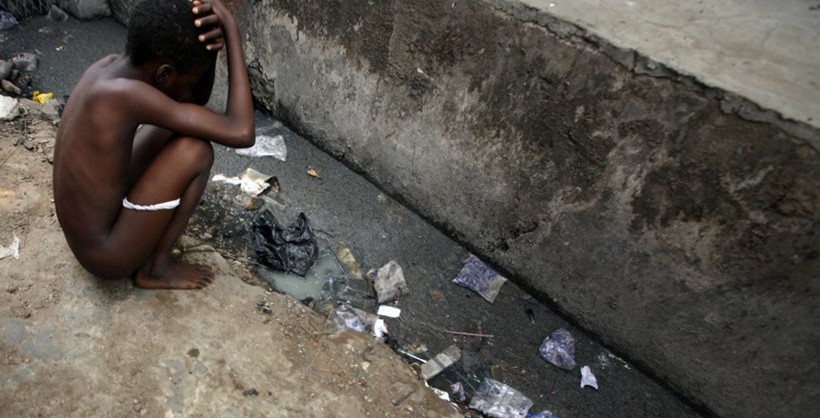Nearly one billion people still have no access to a toilet, which leads to severe disease threats, just like the recent Ebola pandemic. This is underlined by the WHO’s recent report.
There were calls in Nigeria so that relieving one’s self in the countryside should be banned, due to the fears of the virus being transmitted through the fluids the human body rids itself of.
In Liberia, the most affected country, almost half of the 4.2 million residents do not use a toilet. In Sierra Leone, another place where Ebola has struck heavily, this ratio is 28% of the general populace.
Progress has been made in helping people access clean water and toilets, according to the report, but “the lack of funding keeps inhibiting said progress”.
In sub-Saharan Africa, where 25% of people use the countryside as a toilet, estimates state that one child dies every two and a half minutes after consuming unclean water or due to having no access to basic hygiene, and toilets.
In this billion of people without access to toilets, 825 million are concentrated in 10 countries. Five in Asia, with India leading with 597 million civilians without access to hygiene installations, followed by Indonesia, Pakistan, Nepal and China. In Africa, the countries are: Nigeria (39 million), Ethiopia, Sudan, Niger, and Mozambique (10 million).

































